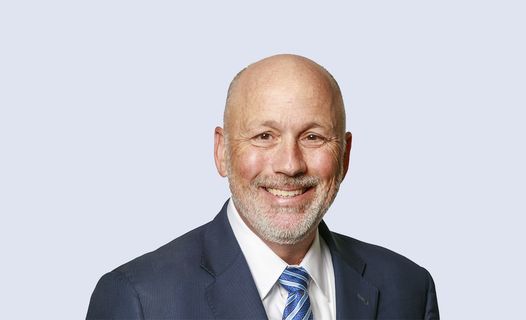Jim Holland was quoted in the Kansas City Business Journal onDecember 30, 2015. The article “Why Ex-USC Coach Sarkisian's Suit Could Set New Precedent for Employers” discussed why employers should be watching the Steve Sarkisian lawsuit against the University of Southern California, because it could set a precedent for handling employees with drug or alcohol problems.
With opposing stories and the facts of the case not yet determined, it's hard to say which way it might land. But the case does already contain a few lessons, and since high-profile cases like this tend to attract copycats, they're lessons employers should pay attention to, Jim said.
"What employers need to be aware of is that they certainly can take disciplinary action — whether it's termination or something less than that — against employees who show up to work under the influence of drugs or alcohol," he said. "However, if an employee voluntarily comes forward, at that point the employee is protected under the ADA and the employer can't hold it against them that they have a disability such as alcoholism or drug abuse."
Jim said the law requires the employer to make "reasonable accommodations" to help the employee get treatment. That means an employer needs to give the employee time off to get help, but it doesn't mean they have to find the employee a treatment center and pay for it. Voluntarily coming forward also doesn't give an employee the right to come to work drunk or high.
"If during or after they finish treatment they show up to work drunk, it doesn't mean they can't be fired for that," he noted. "So it's not like voluntarily coming forward gives them a get out of jail free card forever."
Jim said an employer is also not responsible to watch that employee and make sure they are never having a drink. For example, if there is a holiday party at work and a coworker gives the alcoholic employee a bottle of wine as a gift, it's not the employer's responsibility to take it away. In fact, the employer can't say anything to other employees about situation, because that would be disclosing a private medical condition.
"If a person comes forward and says they need treatment for alcoholism, the employer doesn't have any heightened duty to make sure that person is living a clean life," Jim said.
To read the full article, please visit Kansas City Business Journal [subscription required].


